India and the World chapter 11 : Delhi Agreement – good or bad?

Baskaran Krishnamurthy
Read Chapter 1 , Chapter 2 , Chapter 3 , Chapter 4, Chapter 5, Chapter 6, Chapter 7, Chapter 8, Chapter 9, Chapter 10 if you are yet read them.
India had a clear advantage. It was allowed to ‘pass’. Not just an allegation or accusation; There was much more. It was not a slip; but a fall. Fall from glory to disgrace. That was very real.
At the end of the war with Pakistan on 16 December 1971, India had more than 90,000 Pakistani prisoners of war. That was quite a large number. Pakistan was in a fix, in a spot from where it could do nothing at all. India had all the bargaining power in the world to dictate terms at its will.
But sadly, this was squarely wasted. Logically and factually, the one who is credited with the glorious victory should take the blame for the mess, for the muddle, for the imbroglio too. And, what a failure it was!
The surrender of Pakistan in December 1971 and the signing of Simla Agreement in July 1972 did not have anything to say on the issue of POW. It was widely believed that a serious discussion would take place and that India would exert maximum pressure on Pakistan for a permanent solution to many of the issues plaguing the relations till date.
Bangladesh on its part had a genuine demand too. They wanted the Prisoners to be handed over to them. It was but a logical and legitimate demand. It was the Bangladeshis who were subjected to all the atrocities of Pakistani army. They had gone through the horrendous attacks of the Pakistani army that went on a spree of loot, robbery and torture – slaughtering on the way, so many hundreds and thousands of innocent Bangladeshis including the students and teachers of Dhaka University.
It was not just an act of human violation. It was a well planned, precisely targeted genocide. The victory of the ‘India – Bangladesh – Mukti Bahini’ combine must have paved the way to teach the Pakistani army a lesson for all the crimes perpetrated by them. It was not for taking revenge; but to render justice to the badly affected lot. No. It never came off.
How could the army of shameless acts be allowed to go scot free? Whose fault was it anyway? Shockingly, all the great work of the warriors of India and Bangladesh was humbled, belittling all the supreme sacrifices of the Bangladeshis. By ignoring the emotions and expectations of ‘Mukti Bahini’ and the citizens of Bangladesh, the Indian negotiators did a grave injustice to the aggrieved population and the bereaved families. This act of betrayal, if we can call it so, was in no way less inhuman than the atrocities of the Pakistani army itself.
An agreement was signed in Delhi by P.N.Haksar, Special Representative of the Prime Minister of India and Aziz Ahmed, Minister of State for Defence and Foreign Affairs, Government of Pakistan.
‘Agreement of Repatriation of Persons’ dated August 28, 1973 contains 10 points – as posted on the ‘Media Center’ of the official site of Ministry of External Affairs, Government of India.
Yes. The agreement does not mention ‘prisoners’; they are ‘persons’. It proclaims that it is an agreement between the Government of India and the Government of the Islamic Republic of Pakistan. Towards the end of it, just above the signatures, it reads thus: “The Government of India and the Government of Pakistan have concurred in this agreement. The Special Representative of Government of India, having consulted the Government of Bangladesh has also conveyed the concurrence of Bangladesh Government in this agreement.”
Obviously, many questions do manifest.
Why was the Government of Bangladesh not a party to the agreement? Was it enough to have ‘consulted’ Bangladesh and to have been ‘conveyed’ the concurrence? The agreement implies that it was the Special Representative of Indian Prime Minister who did the ‘consultation’ and it was not clear about who was the one ‘consulted’ and who ‘conveyed’ the concurrence and in what form.
As it appears in the agreement, the Special Representative consulted someone and it was again the Special Representative who conveyed the concurrence. It is shockingly unbelievable that an agreement between two countries on a sensitive issue like repatriation of prisoners who carried out most horrendous crimes against the innocent citizens of another country could have been handled, finalized and signed in such a lopsided manner!
Was it not improper to have kept the worst affected party of the War out of the agreement? We are still at loss to comprehend the reason for the urgency to sign the pact without Bangladesh being made a part of it. Someone had played the cards too smart and someone else got trapped perhaps. The ultimate loser was of course Bangladesh. Yes. The winner of the war lost; the loser of the war won. Who was the culprit?
The agreement starts thus: “Desirous of solving the humanitarian problems resulting from the conflict of 1971 and thus enabling the vast majority of human beings referred to in the Joint Indo – Bangladesh Declaration to go to their respective countries, India and Pakistan have reached the following agreement.”
There certainly was a problem in identifying the ‘humanitarian problems’. The agreement talks about the problems ‘resulting from the conflict’. What about the humanitarian crisis that was planned and perpetrated DURING the conflict? Thousands were murdered and many thousands were subjected to physical torture and humiliation and many thousand families were left stranded having lost their bread winners. The perpetrators in a few months had the advantage of being considered on humanitarian grounds.
This has been the curse all over the world. Some men commit all sorts of crime and when caught and brought before the system of justice, people of vested interests raise humanitarian appeals and seek relief. Men of monstrous acts are simply made martyrs. A highly condemnable practice is being recognized as a laudable effort in the name of humanitarian approach.
The people to be let loose by the Delhi Agreement had committed genocide and yet their release was attached to the tag ‘humanitarian problem’. There could be nothing more insulting than ignoring the legitimate requests of Mukti Bahini to hand over the war criminals to be tried and punished for all their acts of horror and terror.
Pakistan military was directly engaged and it encouraged every action of inhuman outrage in the Dhaka University massacre. The war against Pakistan was carried out by the combination of India, Bangladesh and Mukti Bahini. Hence it would have been most pertinent if India had insisted upon the presence of Mukti bahini in the negotiations. But it was never to be.
India did not want to help or save Pakistan. The problem was something else. It’s a problem that keeps haunting us even today.
Indian leaders have never been able to be tough in negotiations. The ‘performance’ of Indian leaders at the Meets and the Talks has been too prosaic and too pedestrian, missing out on the much needed professionalism. India has demonstrated enormous amount of ‘responsibility’, ‘reasonableness’; and ‘a spirit of accommodation’. India is seen as a nation more interested in earning the ‘praise’ of the international community for being soft and considerate. India has never been so serious about pushing its own agenda through; always willing to gift its possession and position in the name of lasting peace, for the sake of better understanding and cooperation.
Starting from Panchsheel Treaty with China, to Delhi Agreement with Pakistan to giving away the rights of Katchthatheevu to Sri Lanka, India have more lost than gained in any of the Pacts it has signed.
It provides an interesting read. The soft and ‘noble’ attitude of Indian leaders is being taken for granted by the world leaders. The inability of India in securing a permanent seat in the Security Council is more to do with the inability of Indian leaders to be strong and solid in matters of international importance.
India is perhaps the only country that has not been in consistence with its ‘natural allies’ on any issue where it is not directly involved. Its policy of non-alignment, neutrality and ‘equi-distance’ has made India vulnerable to criticism and isolation. Rather than standing apart, quite often, India is found standing alone because of the non-committal attitude.
This ‘uniqueness’ played its part in the Delhi Agreement too.
Of the total 10 points of the Agreement, first two do not offer much.
Point 3 of the agreement says – “simultaneously, the repatriation of all Bangladeshis in Pakistan and all Pakistanis in Bangladesh to their respective countries will commence.” Point 4 adds – “in the matter of repatriation of all categories of persons the principle of simultaneity will be observed as far as possible.” So, it was all about the modalities of exchange of persons between Pakistan and Bangladesh – nothing to do with the ‘prisoners’.
Point 5 states that the Prime Ministers of Pakistan and Bangladesh or their designated representatives will meet to decide what additional number of persons, who may wish to migrate to Pakistan, may be permitted to do so. Bangladesh has made it clear that it will participate in such a meeting only the basis of sovereign equality.”
The question arises – ‘if and when the ‘sovereignty’ is to be basis, very rightly too, how can ‘other’ two countries have an agreement on it?’
Point 6 is the most important that speaks about the prisoners of war. It says – “Bangladesh agrees that no trials of the 195 prisoners of war shall take place during the entire period of repatriation and that pending the settlement, these prisoners of war shall remain in India.”
And, on the issue of 195 prisoners of war, point 7 states that “on completion of repatriation of Pakistan prisoners of war and civilian internees in India…., if they so agree, Bangladesh, Pakistan and India will discuss and settle the question of 195 prisoners of war.”
Point 8 says – ‘Government of India will make logistic arrangements for the Pakistani prisoners of war and civilian internees who are to be repatriated to Pakistan.”
Point 9 brings a third (fourth?) country into the scene of repatriation. Says – “for the purpose of facilitating the repatriation provided for in this Agreement, the representatives of the Swiss Federal Government and any international humanitarian organization entrusted with this task shall have unrestricted access at all times…”
The final clause says – “all persons to be repatriated in accordance with this Agreement will be treated with humanity and consideration.”
Its all fine. But, what happened to those 195 prisoners of war? Pakistan had promised that they would be ‘tried’ at home. Did any such thing ever take place? What was the verdict? Hold your breath. Two years ago, in 2016, Pakistan denied atrocities by its troops and raised criticisms against Bangladesh.
‘The Hindu’ reports on 23 September 2016 (Yes. In 2016) that ‘Probe on 195 Pakistani war criminals begins.’ Following the denial of any inhuman act by Pakistan, Bangladesh’s International Crimes Tribunal (ICT) has set up a committee to collect information and related documents from across the country about the crimes committed by those prisoners in 1971.
A few years after the war, Bhutto ‘regretted’ for all the misdeeds of Pakistani army. In 2016, Pakistan denied any such misdeed and faulted the Bangladeshis for disinformation. This was only to be expected. Anyway, was any trial held against the war criminals at all?
Pakistan has its own canny methods of manipulating its unsavoury past to suit its present needs. The Agreement of 1973 was a tool in the hands of unregretful Pakistan. It was able to find as many loopholes in the Simla Agreement and in the Delhi Agreement as it wanted to win a case for itself.
The inept handling of the prisoners issue and absurdity in the Simla Agreement were fully exploited by Pakistan to thwart any possibility of a trial being conducted by India on Indian soil against the war criminals.
The case came up before the International Court of Justice where the Pakistani arguments simply made the bilateral Agreements nothing but trash and a thing of sacrilege. It is an interesting tale of two Agreements being questioned by one of the two signatories of them. This is how the ‘story’ goes….

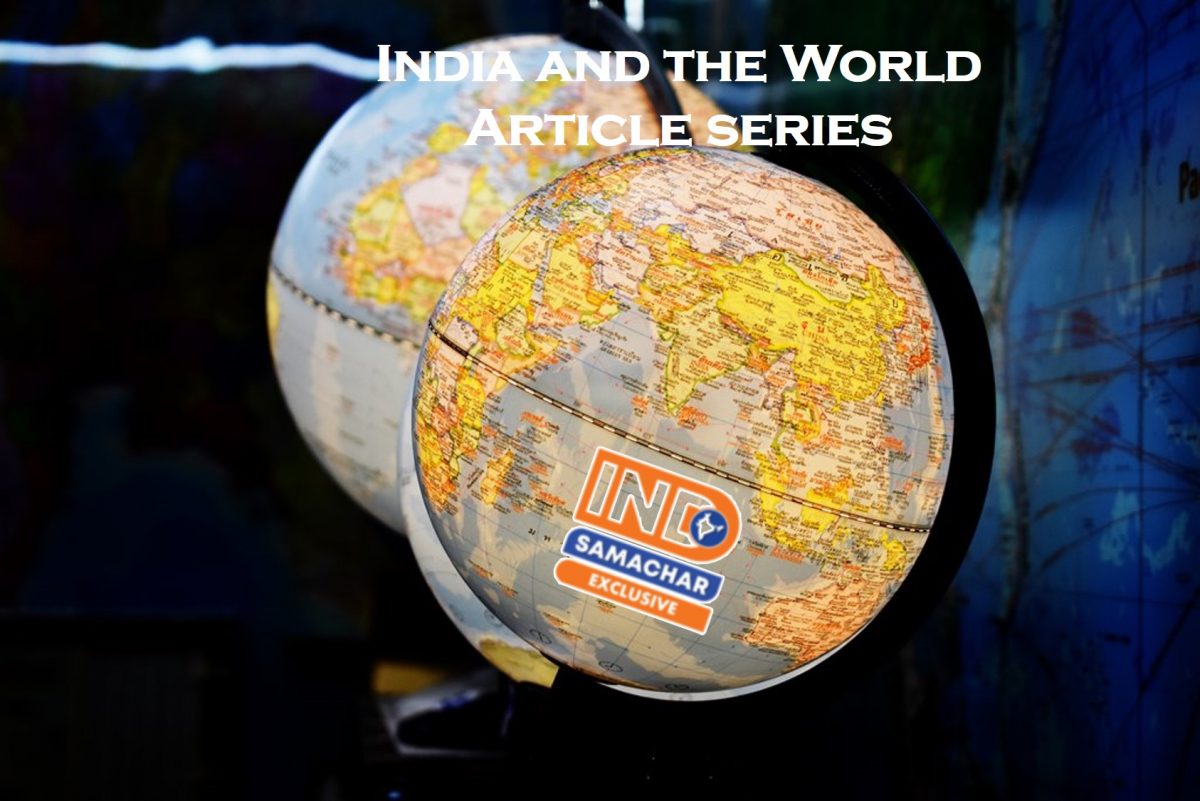






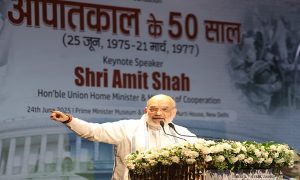





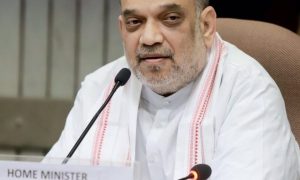

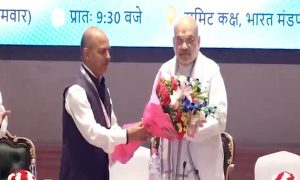

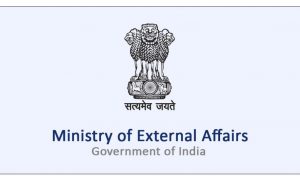









 WhatsApp us
WhatsApp us